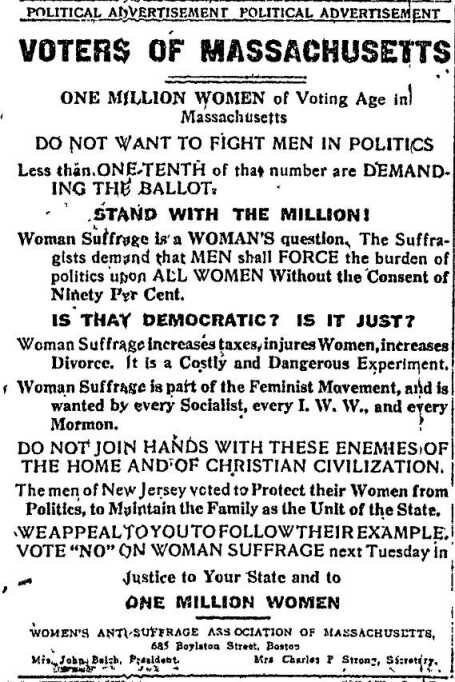Here is the list of women named in the Bible:
Abi, Abiah, Abigail (Nahash’s wife), Abigail (David’s sister), Abihail (Abishur’s wife), Abihail (Rehoboam’s wife), Abijah, Abishag, Abital, Achsah, Adah (Lamech’s wife), Adah (Esau’s wife), Agar, Ahinoam (Saul’s wife), Ahinoam (David’s wife), Ahlai, Aholah, Aholibah, Aholibama, Anna, Apphia, Asenath, Atarah, Athaliah, Azubah (Caleb’s wife), Azubah (Shilhi’s daughter), Baara, Bashemath (Esau’s wife), Bashemath (Solomon’s daughter; ), Basmath, Bathsheba, Bathshua, Bernice, Bilhah, Bithiah, Candace, Chloe, Claudia, Cozbi, Damaris, Deborah the nurse, Deborah the prophetess, Delilah, Dinah, Dorcas, Drusilla, Eglah, Elisheba, Elizabeth, Esther, Ephah, Ephrath, Ephrata, Euodias, Eunice, Eve, Gomer, Hadassah, Hagar, Haggith, Hammolecheth, Hamatal, Hannah, Hazelelponi, Helah, Heph-zibah, Herodias, Hodesh, Hodiah, Hoglah, Huldah, Hushim, Iscah, Jael, Jecholaih, Jedidah, Jehoaddan, Jehosheba, Jemima, Jerioth, Jerushah, Jezebel (Ahab’s wife), Jezebel (the prophetess), Joanna, Jochebed, Judith, Julia, Keren-happuch, Keturah, Keziah, Leah, Lois, Lo-Ruhammah, Lydia, Maacah, Maachah (Asa’s mother), Maachah (Caleb’s concubine), Maachah (Mahor’s daughter), Maachah (Machir’s wife), Maachah (Jehiel’s wife), Maachah (Absalom’s daughter), Maachah (Talmai’s daughter), Mahalah, Mahalath (Esau’s wife), Mahalath (Rehaboam’s wife), Mahlah, Mara, Martha, Mary (Jesus’ mother), Mary (Cleophas’ wife), Mary Magdalene, Mary of Bethany, Mary (Mark’s mother), Mary (John’s mother), Mary (Lazarus’s sister), Mehetabel, Merab, Meshullemeth, Micaiah, Michal (Saul’s daughter), Michal (Zelophehad’s daughter), Milcah (Haran’s daughter), Miriam (Moses’ sister), Miriam (Ezra’s daughter), Naamah (Tubalcain’s sister), Naamah (the Ammonite), Naarah, Naomi, Nehushta, Noadiah, Noah (Zelophehad’s daughter), Oholibamah, Orpah, Peninnah, Persis, Phanuel, Phoebe, Priscilla, Puah, Queen of Sheba, Queen Tahpenes, Rachel, Rahab (the harlot), Rahab (Boaz’s mother), Rebekah, Reumah, Rhoda, Rizpah, Ruth, Salome (Herodias’s daughter), Salome (Zebedee’s wife), Sapphira, Sarah (Abraham’s wife), Sarah (Asher’s daughter), Shelomith (Dibri’s daughter), Shelomith (Zerubbabel’s daughter), Shelomith (Rehoboam’s daughter), Sherah, Shimeath, Shimrith, Shiphrah, Shomer, Shua, Susanna, Syntyche, Tabitha, Tahpenes, Tamar (Absalom’s daughter), Tamar (David’s daughter), Tamar (Pharez’s mother), Taphath, Thamar, Timna, Tirzah, Tryphena, Tryphosa, Vashti, Zebudah, Zeresh, Zeruah, Zeruiah, Zibiah, Zillah, Zilpah, Zipporah.
And here is the list of women named in the Book of Mormon:
Abish, Isabel, Sariah (Eve, Mary, and Sarah are also named, but these are Biblical women).
The following books in the Book of Mormon, which supposedly span over a thousand years of ancient American history, neglect to name even one woman:
Jacob, Enos, Jarom, Omni, Words of Mormon, Mosiah, Helaman, 3 Nephi, 4 Nephi, Mormon, Ether, Moroni.
Most Book of Mormon authors don’t even name their own wives and daughters!
So what best explains this dearth of women in the Book of Mormon?

